
Across the country, a quiet reckoning is sweeping through corporate America. From poultry plants to hotel chains, companies are discovering that cutting corners on immigration compliance can come with staggering consequences.
Over the years—including several high-profile cases dating back more than a decade—regulators have issued record-setting fines to employers who knowingly—or negligently—hired unauthorized workers, sending a clear signal that federal enforcement has entered a new, no-excuses era.
A Decade of Reckoning for Corporate America
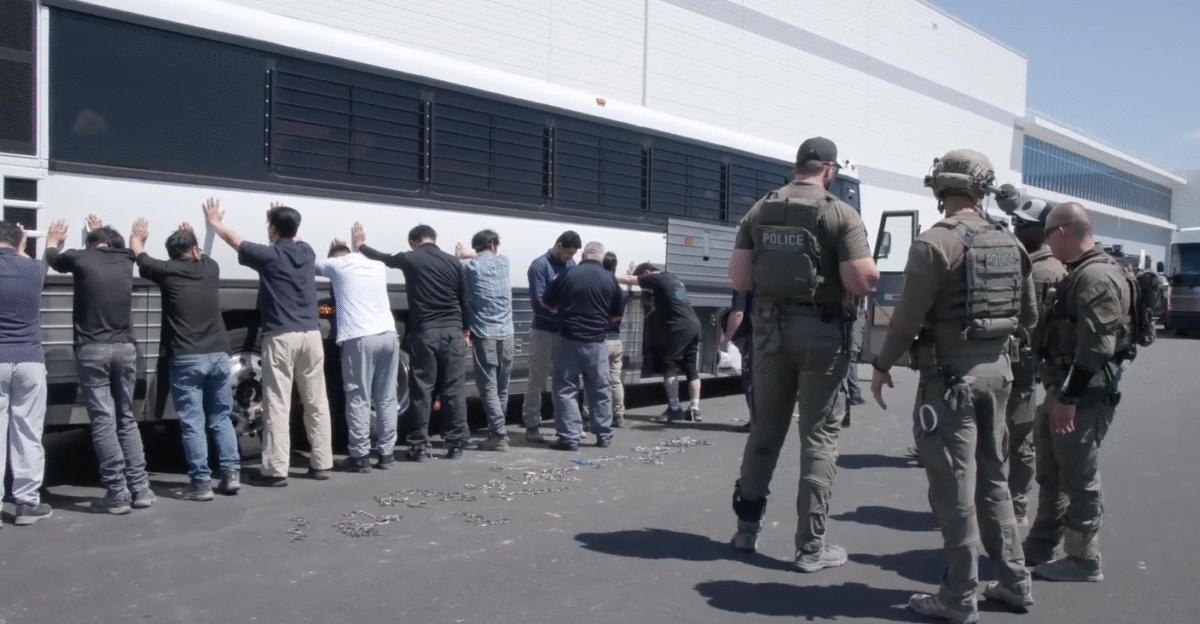
Over the past ten years, U.S. companies have faced a wave of record-breaking fines for hiring unauthorized workers—spanning factories, farms, and fast-food chains. Federal officials say these penalties mark a shift from quiet warnings to public accountability.
ICE and the Department of Justice have made clear that ignorance is no defense, holding executives personally responsible when companies cut corners on immigration compliance. Let’s look at 12 companies that learned those lessons the hard way.
1. The $95 Million Record That Still Stands
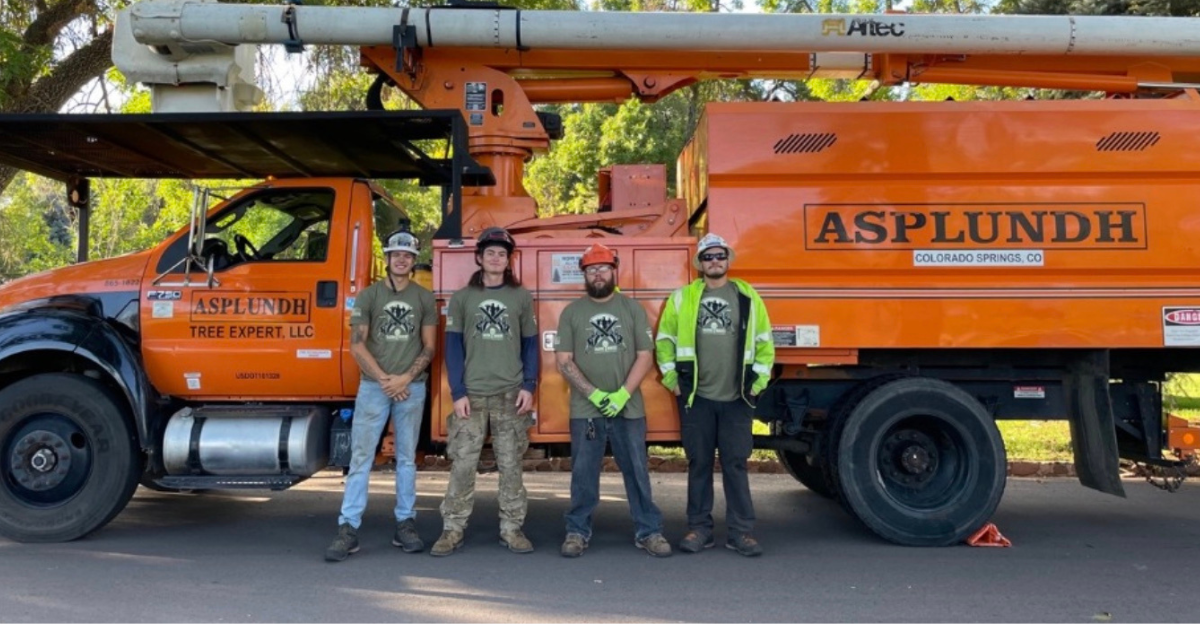
When Pennsylvania-based Asplundh Tree Expert Co. was fined $95 million in 2017, it set a U.S. record for the largest immigration-related penalty ever issued, according to prosecutors who called it “the largest monetary penalty ever levied in an immigration case.”
Federal investigators found that senior managers had knowingly hired and even rehired unauthorized workers while remaining “willfully blind” to the violations.
2. A Massive Raid and a $20.7 Million Settlement

In 2008, IFCO Systems—a pallet manufacturer with facilities nationwide—became the focus of one of America’s most extensive workplace immigration raids when more than 1,100 workers were arrested in coordinated operations across multiple states, according to federal officials.
Prosecutors later said managers had “actively participated” in hiring unauthorized employees, leading to a $20.7 million settlement that included forfeitures, back wages, and guilty pleas from several company officials.
3. Walmart Faces $24 Million in Penalties
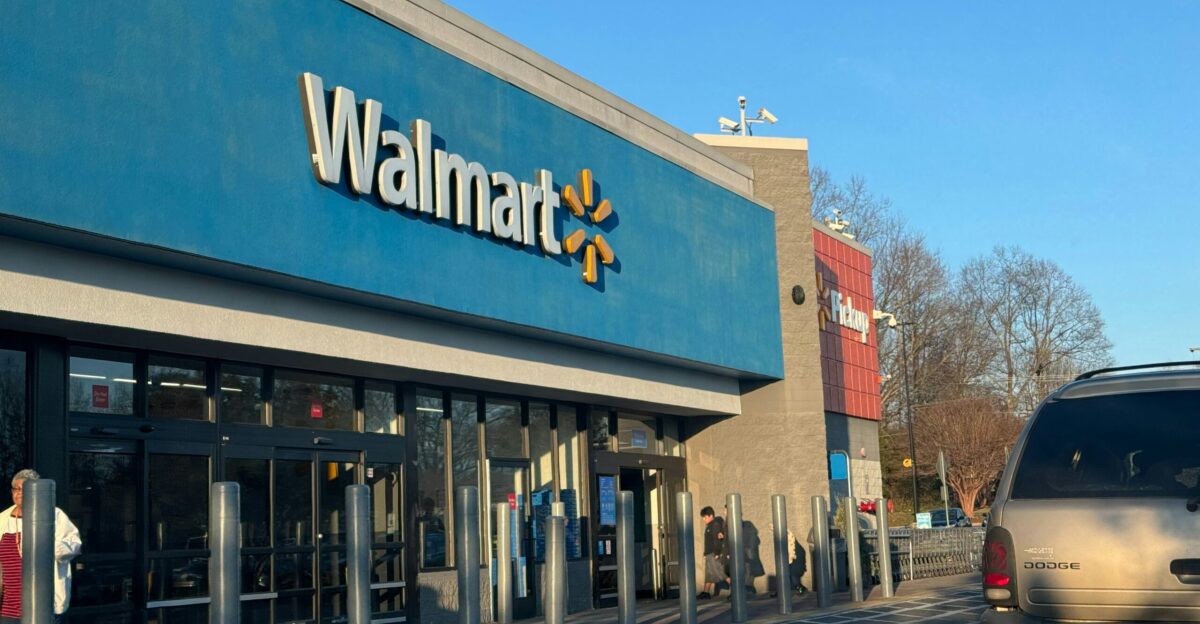
Even America’s largest retailer hasn’t escaped scrutiny. Walmart faces a proposed $24 million fine for alleged I-9 employment verification failures—a case that’s been years in the making, according to federal court records.
In 2025, a federal appeals court allowed regulators to move forward with the case, which experts say highlights how even recordkeeping lapses can expose major corporations to public and financial fallout if left unchecked.
4. Denver Janitorial Firms Hit with $8.2 Million
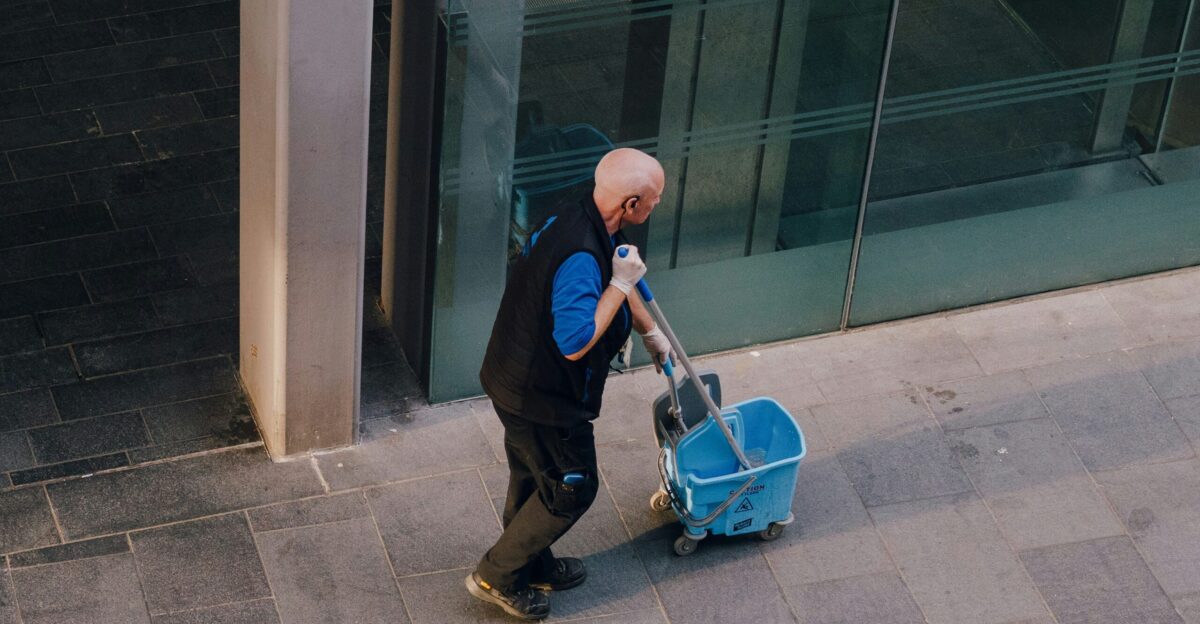
In early 2025, three Denver-area janitorial companies were fined a combined $8.2 million after federal audits “uncovered widespread employment eligibility violations,” according to U.S. Immigration and Customs Enforcement. ICE said CCS Denver Inc. alone accounted for $6.2 million of that total.
“The employment of unauthorized workers undermines the integrity of our immigration system and puts law-abiding employers at a disadvantage,” said Special Agent in Charge Steve Cagen in a press release. “These penalties reinforce our commitment to uphold the law and promote a culture of compliance.”
5. Child Labor and Immigration Scrutiny Collide
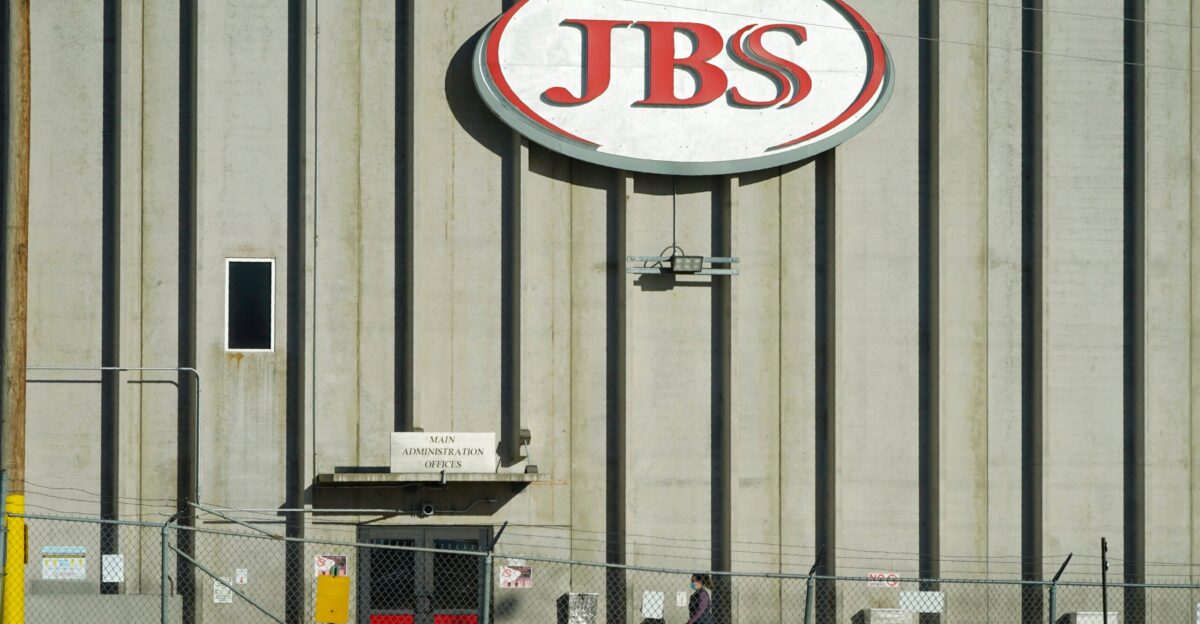
Meatpacking giants Perdue Farms and JBS were fined a combined $8 million in 2025 after federal investigators found migrant children—some as young as 13—working overnight shifts in hazardous conditions. The U.S. Department of Labor called the findings “deeply troubling” in announcing the settlements.
According to labor officials, the violations were discovered during broader immigration investigations, revealing how inadequate oversight can lead to multiple labor law breaches in one workplace.
6. Mississippi Raids Leave Koch Foods Reeling
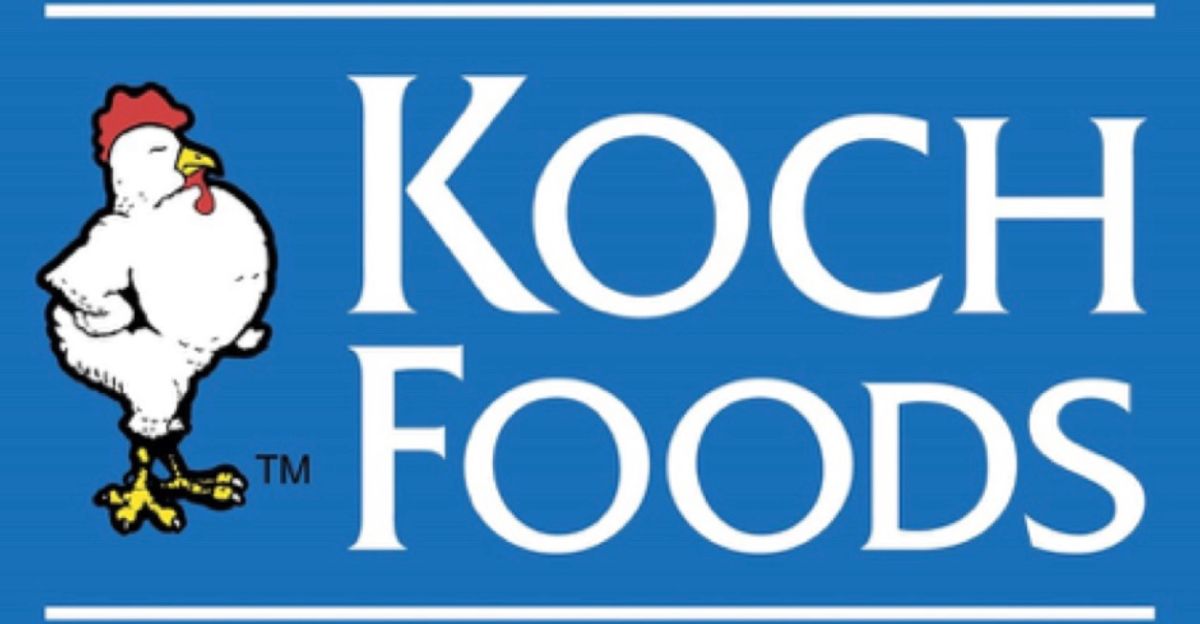
Koch Foods faced $3.75 million in penalties following massive 2019 Mississippi raids, with federal investigators uncovering systemic I-9 violations and documentation failures across multiple plants. Court documents revealed employees using stolen Social Security numbers and fraudulent identity documents, while company records showed inadequate verification processes despite E-Verify usage
According to settlement terms, the company denied wrongdoing but agreed to new compliance measures, acknowledging that prevention now costs far less than damage control.
7. Fresh Mark Inc. Pays $3.7 Million After Ohio Probe
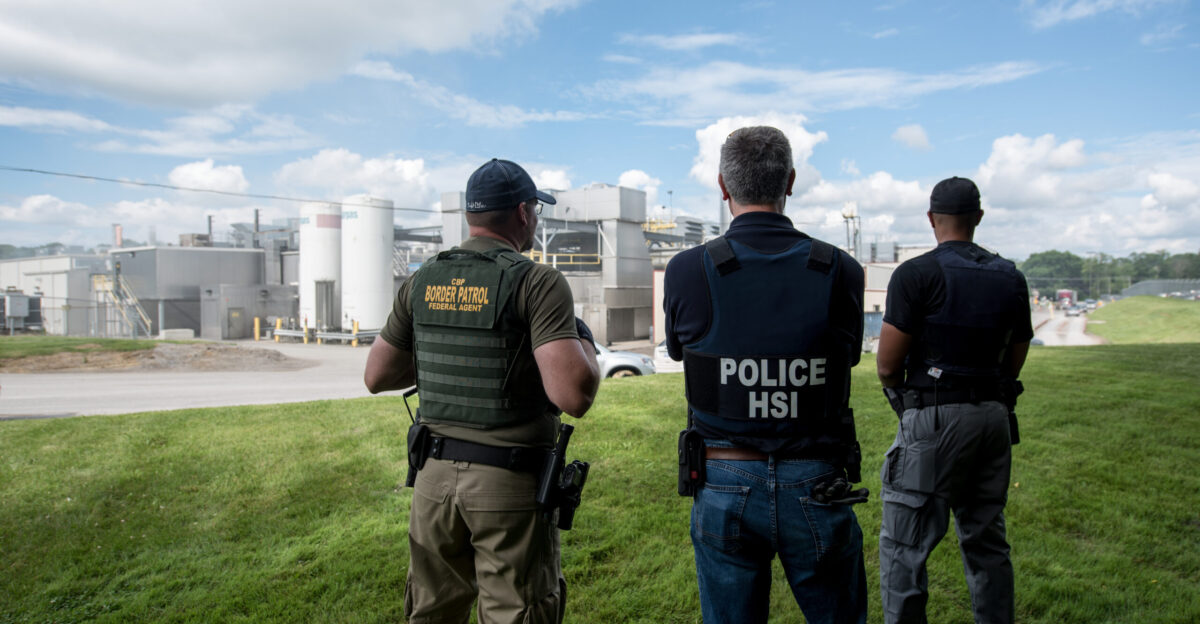
Ohio-based Fresh Mark Inc. paid $3.7 million in 2024 after a hiring manager was charged with identity theft and obstruction of justice, according to the U.S. Attorney’s Office for the Northern District of Ohio. Federal investigators said the misconduct went far beyond rogue employees, revealing deep flaws in management oversight.
According to court filings, the Justice Department noted that companies can expect higher fines and longer investigations when misconduct reaches the executive level.
8. Restaurants Under Fire in Houston

Houston-based Pappas Partners, which operates more than 50 restaurants, was fined $1.75 million in 1997 for knowingly hiring unauthorized workers and concealing them during audits, according to Immigration and Naturalization Service records. Federal authorities said the company rehired some employees previously fired for the same violations.
The case highlights an industry where high turnover often meets inconsistent oversight—a combination that regulators said they were determined to change.
9. Chipotle’s Dual Challenge: Labor and Immigration
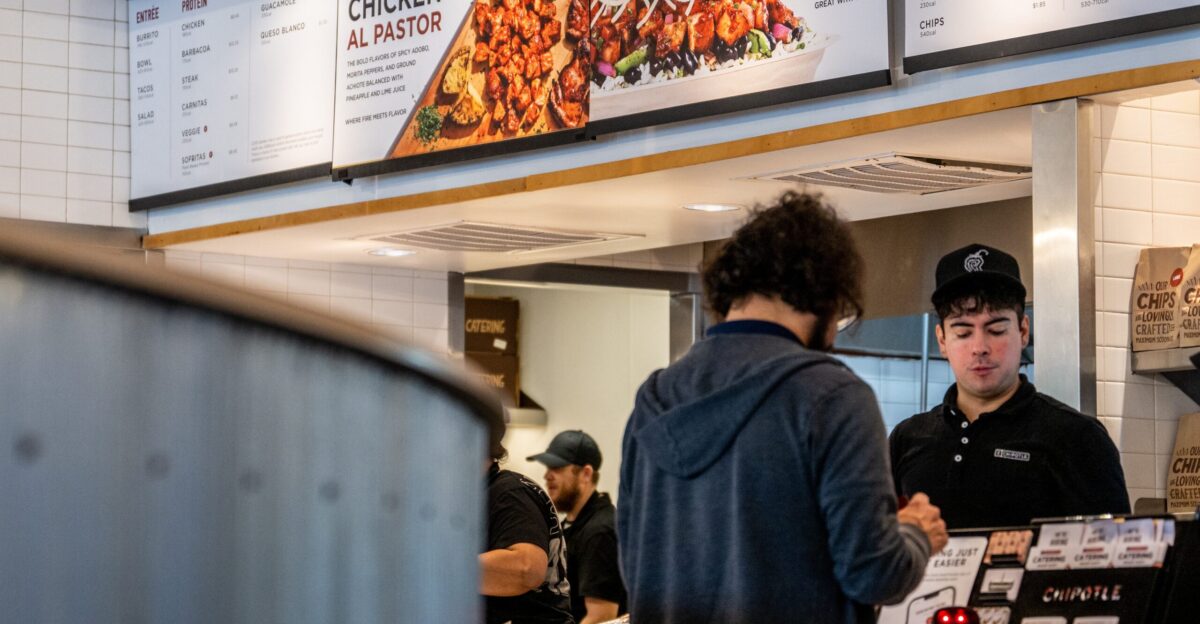
According to labor law experts, Chipotle Mexican Grill’s troubles show how compliance issues rarely come one at a time. In 2022, the company paid $20 million to New York City over wage and scheduling violations, while ICE audits forced it to dismiss more than 450 employees in Minnesota in 2010.
Labor experts say Chipotle’s story reflects the growing overlap between wage enforcement and immigration compliance nationwide.
2. Broetje Orchards: $2.25 Million

In 2015, this Washington state agricultural company was fined $2.25 million for continuing to employ nearly 1,000 unauthorized workers despite being notified by ICE in 2012 that approximately 1,700 of their employees were ineligible to work.
This was considered one of the largest fines ever levied against an agricultural employer at the time.
11. Texas Builder’s $3M Fallout: When Hiring Shortcuts Backfire
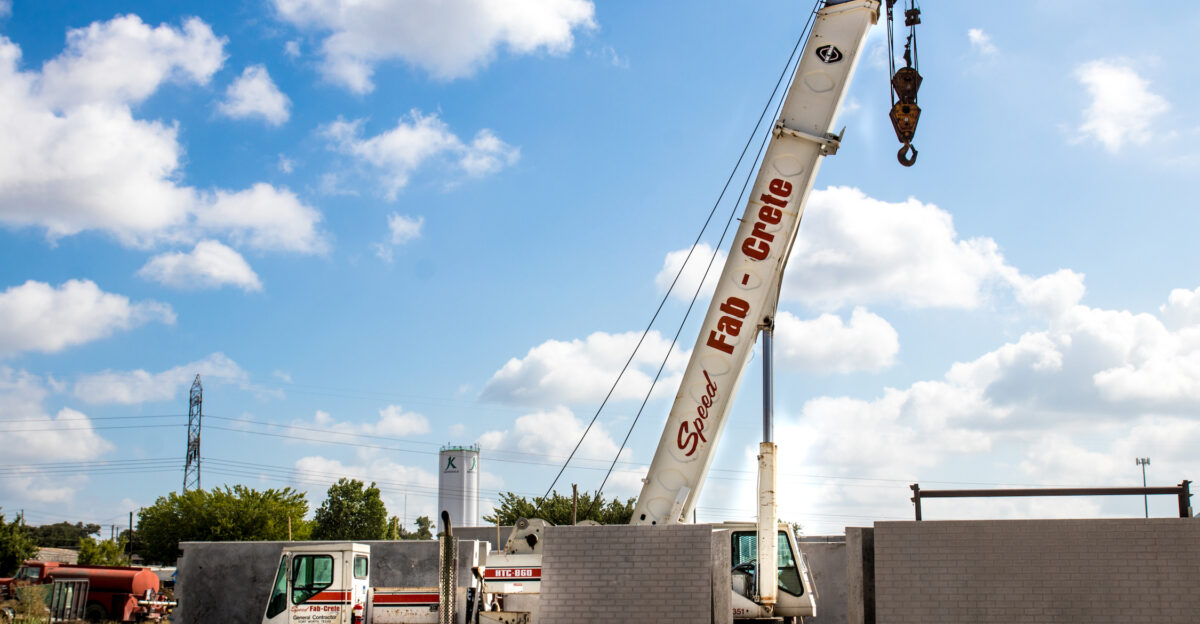
According to the U.S. Attorney’s Office for the Northern District of Texas, North Texas construction firm Speed Fab Crete will forfeit $3 million after admitting to hiring unauthorized workers through a staffing agency. The company’s owners and the agency’s operator, Mark Sevier of Take Charge Staffing, pleaded guilty to felony conspiracy charges.
Federal prosecutors said the case exposes how outsourcing can’t shield employers from responsibility. Speed Fab Crete now faces stricter federal oversight and tougher hiring compliance in the future, according to court documents.
12. Tyson Foods: Multiple Enforcement Actions

While Tyson hasn’t paid a single massive fine like others, the poultry giant has faced ongoing federal investigations since 2023 for child labor violations at slaughterhouses, including employing minors as young as 13 in dangerous overnight shifts.
The company has been under scrutiny alongside other meatpackers, with investigations potentially leading to significant penalties similar to the $8 million settlement by Perdue and JBS
Beyond the Headlines: Who’s Next?

According to Justice Department records, construction firms, hotels, and farms have all faced steep penalties for hiring unauthorized workers, with several cases seeing executives themselves face criminal charges. These outcomes have prompted many employers to upgrade to electronic I-9 systems and regular audits.
Compliance consultants say the goal is no longer just avoiding fines—but proving to regulators that integrity is part of the business model.
The Rising Cost of Noncompliance

According to the Department of Justice, penalties for hiring unauthorized workers have nearly doubled since 2020. As of 2025, first offenses can reach up to $28,619 per worker, while repeat offenders face even higher fines, federal officials said.
Compliance experts say it’s part of a clear federal strategy: make noncompliance so costly that cutting corners is no longer worth the risk.
When Paperwork Becomes a Legal Risk
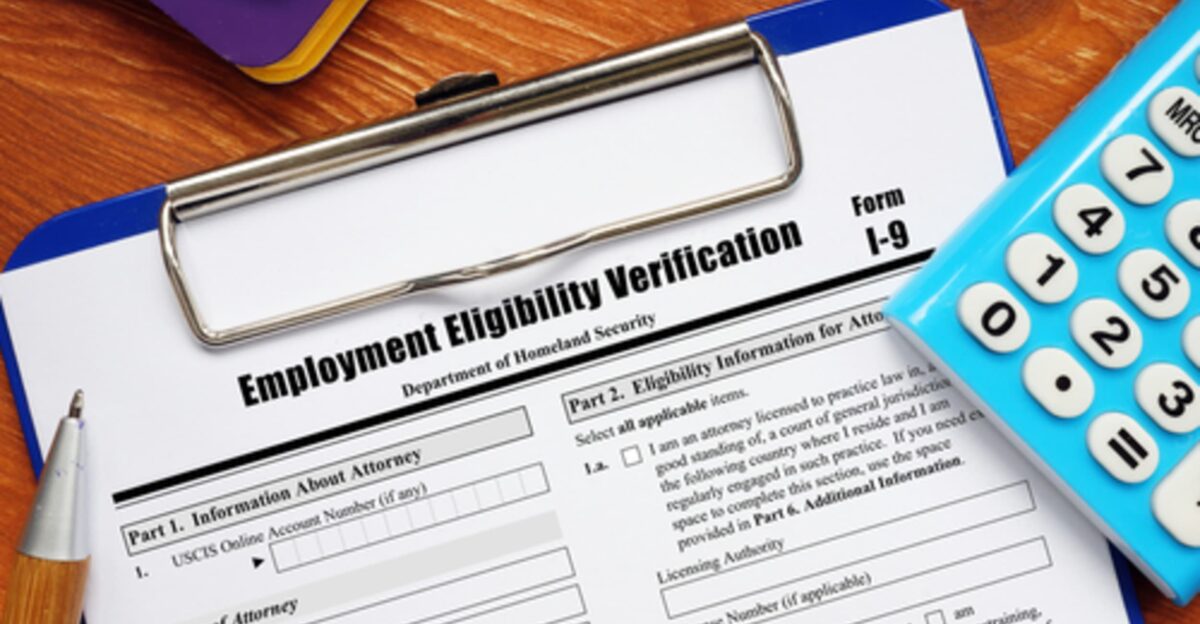
Sometimes, the smallest mistakes lead to the biggest problems, according to immigration attorneys. Incomplete or inaccurate I-9 employment forms can trigger fines ranging from $288 to $2,861 per violation, while accepting fake documents can cost more than $11,000 per offense, federal officials warn.
The Justice Department warns that “administrative oversights” are often the red flag that sparks a deeper investigation.
Multi-Agency Raids Replace Isolated Audits
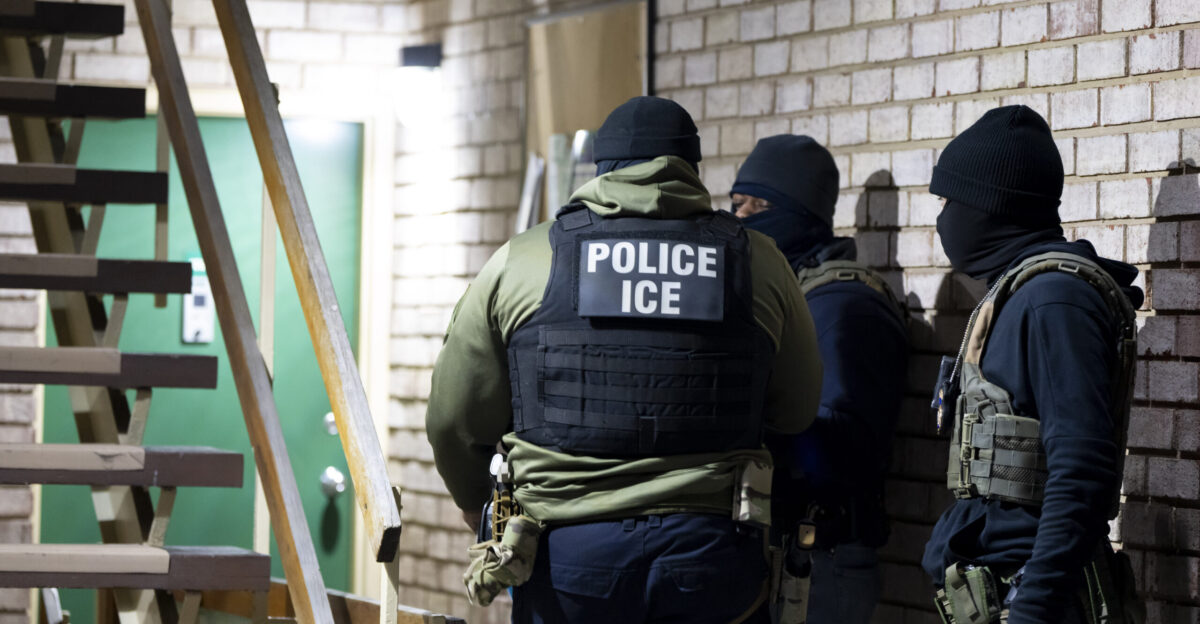
Immigration cases now rarely involve just one agency, according to enforcement experts. ICE often works alongside the IRS, the Department of Labor, and state authorities through joint task forces that combine employment, wage, and tax probes.
Federal officials said this collaborative approach lets investigators build stronger cases and increases the odds that companies caught cheating will face both civil and criminal penalties.
Compliance Is Now a Core Business Strategy
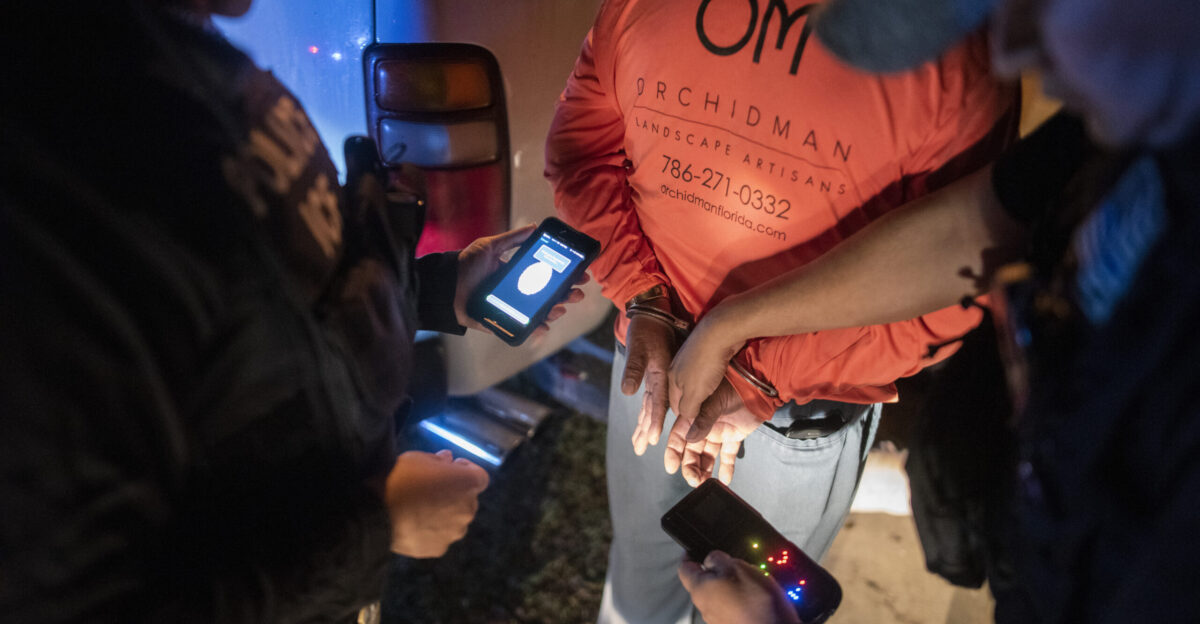
Employment law experts say the only reliable protection is prevention. According to industry specialists, electronic verification, internal audits, and staff training on document verification are becoming standard.
The Society for Human Resource Management advises employers to view compliance “not as paperwork, but as risk management.” In other words, a company’s best investment today is getting every form right.
A New Era of Accountability

According to immigration law specialists, the wave of multimillion-dollar fines signals a permanent shift in U.S. labor enforcement. Immigration compliance has evolved from a quiet HR issue to a major test of corporate ethics and leadership.
As more companies make headlines for the wrong reasons, one truth stands out: hiring by the book isn’t just smart business—it’s survival in today’s climate, experts warn.